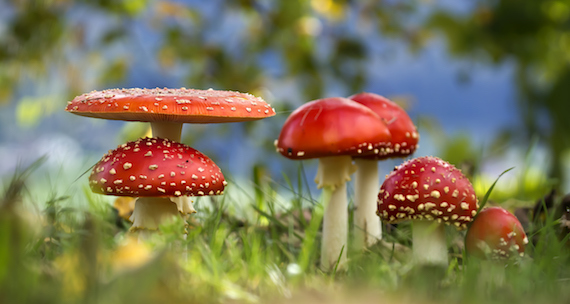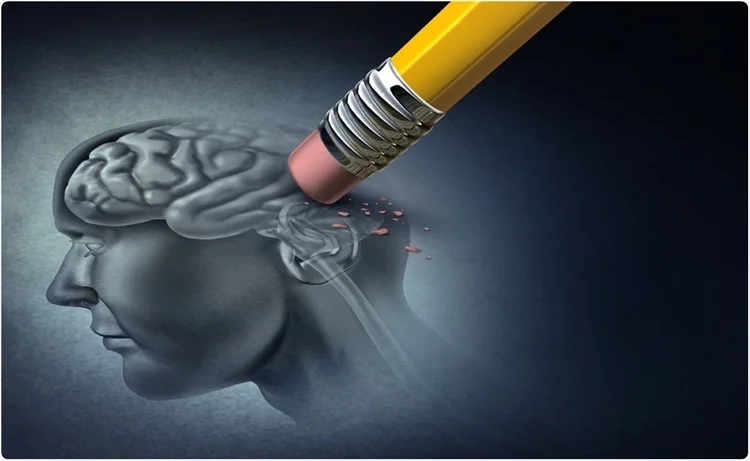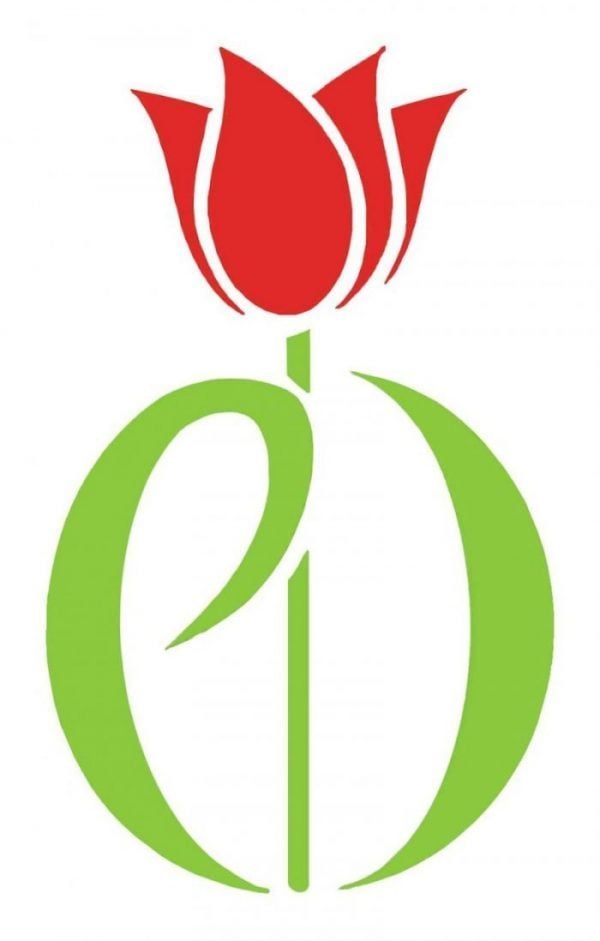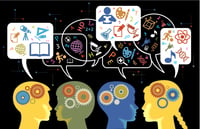 In the holiday rush, there were some fun science stories I was unable to get to other than the 2022 breakthrough of the year celebrating the ongoing JWST expedition. Now that we're back from celebrating with friends and family, let's check out some of what we missed!
In the holiday rush, there were some fun science stories I was unable to get to other than the 2022 breakthrough of the year celebrating the ongoing JWST expedition. Now that we're back from celebrating with friends and family, let's check out some of what we missed!
Sustainable Steel?
In most steelmaking processes, impurities are removed from the iron ore using chemistry that will use fossil fuels or release large amounts of carbon dioxide. This is objectively not very good for the environment. Thanks to a new technology termed "HYBRIT," scientists in Europe hope to revolutionize steelmaking by replacing coal with fossil-free electricity and hydrogen to eliminate the carbon footprint from their process. The amount of carbon dioxide emission reduction they tout is significant but probably not nearly enough to combat the global climate change we are experiencing, however, as with everything in life, we have to start somewhere! You can read more about their initiative here.
New Cancer Therapy!
The Sanford M. Simon laboratory at The Rockefeller University recently published a finding in Clinical Cancer Research detailing a specific mutation that enhances the ability of a rare, deadly liver cancer to spread in their hosts. Known as fibrolamellar carcinoma, this disease is nearly incurable if surgical resection does not eliminate the ability of the cancer to spread. By mutating the fusion oncogene, termed DNAJB1-PRKACA, the group showed marked tumor reduction in their animal models. Subsequently, the group designed a short hairpin RNA targeted drug to attack the mRNA of the fusion product, which showed a complete stop to tumor growth and reduced existing tumor size. The group hopes their research can inspire others to look at fusion genes as drug targets for other cancers. You can read the press release from Rockefeller here.
A New Cancer Biomarker?
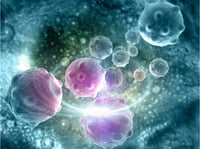 A collaboration from Spain examined a 36-year-old female patient who was unusually susceptible to tumors. It is known that chromosomal instability and aneuploidy play some role in tumorigenesis, and the authors described a germline mutation in both MAD1L1 genes of the patient. The product of the gene, MAD1, is part of the mitotic checkpoint, and the study outlines this mutation as the causative agent in the patient developing dozens of tumors pretty much ever since she was born, in addition to a host of intellectual and physical abnormalities. Another aspect of this mutation seemed to be systemic inflammation, which suggests that targeting the immune response could help manage these types of aneuploidy-associated cancers. This study represents the first correlation of the MAD1L1 mutation with tumor susceptibility, and you can read more at Science Advances.
A collaboration from Spain examined a 36-year-old female patient who was unusually susceptible to tumors. It is known that chromosomal instability and aneuploidy play some role in tumorigenesis, and the authors described a germline mutation in both MAD1L1 genes of the patient. The product of the gene, MAD1, is part of the mitotic checkpoint, and the study outlines this mutation as the causative agent in the patient developing dozens of tumors pretty much ever since she was born, in addition to a host of intellectual and physical abnormalities. Another aspect of this mutation seemed to be systemic inflammation, which suggests that targeting the immune response could help manage these types of aneuploidy-associated cancers. This study represents the first correlation of the MAD1L1 mutation with tumor susceptibility, and you can read more at Science Advances.
Maybe You Can Walk Again!
An international collaboration noted that specific subpopulations of neurons could enhance a patient's ability to walk again after a spinal cord injury. This subgroup of neurons expresses VSX2 and is associated with a region of the spinal cord that expresses HOXA10, both genes coding for transcription factors. Having identified these biomarkers, the authors demonstrate the critical role these neurons play in allowing the injured person to walk again. The results are published in Nature.
Easier Ways to Diagnose Alzheimer's
 One of the goals of Alzheimer's research is to develop better biomarkers and diagnostic tests to catch the disease early and to more effectively help patients manage their condition until a cure is found. An international collaboration reported a blood-based test to selectively measure brain-derived tau as opposed to total tau protein. Targeting the brain-derived tau was shown to be correlated to Alzheimer's disease and gave hope that a more effective diagnostic can be adopted. You can read the results in the journal Brain.
One of the goals of Alzheimer's research is to develop better biomarkers and diagnostic tests to catch the disease early and to more effectively help patients manage their condition until a cure is found. An international collaboration reported a blood-based test to selectively measure brain-derived tau as opposed to total tau protein. Targeting the brain-derived tau was shown to be correlated to Alzheimer's disease and gave hope that a more effective diagnostic can be adopted. You can read the results in the journal Brain.


